

The District is basically a homogenous society with the predominant ethnic group being the Akans which constitutes about 86 percent of the population. Other ethnic groups like the Ewes, Gas and other Northern tribes are about 3 percent, 1 percent and 9.3 percent of the total population respectively. In terms of religion, Christianity is the dominant religion constituting about 87 percent of the total population. Moslems and the Traditionalist on the other side constitute about 9.7 percent and 1.7 percent of the total population respectively. The free thinkers in the district forms only about 1.7 percent of the population.
The homogeneity of the district in terms of ethnicity and religion has a positive implication for development since most of the people in the district will have common values and ideologies. This will ease the participation of all stakeholders in the planning and implementation of development projects and programmes.
Traditional Authority
The people of Ejisu-Juaben District are predominantly crafts men and women. That is those around Bonwire and Dumakwai, whiles those around Ejisu combine theirs with petty trading. Ejisu-Juaben is very popular in terms of tradition. There are two main paramount seats in the District. They are the Ejisumanhene and Juabenmanhene. It is known for a fact that, every traditional area has it’s ’taboo’ day. Such days are normally used for communal labor. Juaben for instance has Tuesday s for such activities whiles Ejisu has Sundays.
Some of the traditional festivals celebrated in the District include Akwasidea, Awukudae and Fofie. These days are observed as sacred ones. There has also been the introduction of the Yaa Asantewaa Festival which was created and celebrated in the 1st week of August, 2006 and to be celebrated every two years in the District.
Tourism Attractions
The Municipal plays a central role in the Ashanti Region’s tourism industry, in terms of the uniqueness of its primary attractions. The Municipal Assembly, in recognition of this, has devoted substantial resources to this sector, spending ¢189.8 million over the space of just two years.
The numerous attractions include the shrines at Besease and Adorko-Jachie.These are two of the seven surviving architectural proofs of the splendour of the Ashanti civilization of the 17th Century. Similarly, there is the Palace of Nana Yaa Asantewaa, the Queen Mother of Ejisu and the warrior and marshal of the Ashanti-British war in 1900, popularly known as the Yaa Asantewaa War.
Plans are advanced to develop the Palace into a modern museum.The Bobiri Forest Reserve was developed in 1939 and has been the centre of many research projects on plants and forest products.It has a well-established “Guide to Bobiri Forest Reserve Arboretum” with a list of over 102 trees and their uses.
There are also beautiful and attractive birds and other fauna, including tropical butterflies.This has been developed into a Butterfly Sanctuary.The Bonwire Kente, also in the Municipality, is the centre and true home of kente weaving in Ghana.A kente museum has been developed, which shows exhibits of the evolution of this internationally renowned Ghanaian cloth and the processes through which it is taken.
A modern washroom and hospitality centre have been constructed at Bonwire to make tourists feel more comfortable.As Ghana adopts a deliberate policy of opening up the hinterlands to trade, investment and tourism, the presence of the kente centre and, particularly, the proposed Inland Port at Fumesua, make Ejisu Juaben an obvious choice and place to invest.This is an objective to which the Municipal Assembly is fully committed and so is ready to support the efforts of investors.
Hotels
One of the Hotel in the Municipality for the taste of Ghana’s Hospitality is the Washington View hotel situated at the Municipal’s capital, Ejisu.
Date Created : 11/25/2017 5:30:01 AM



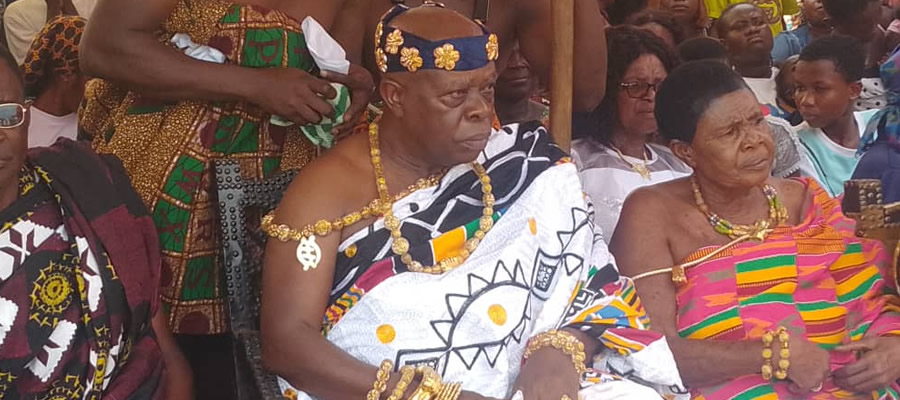
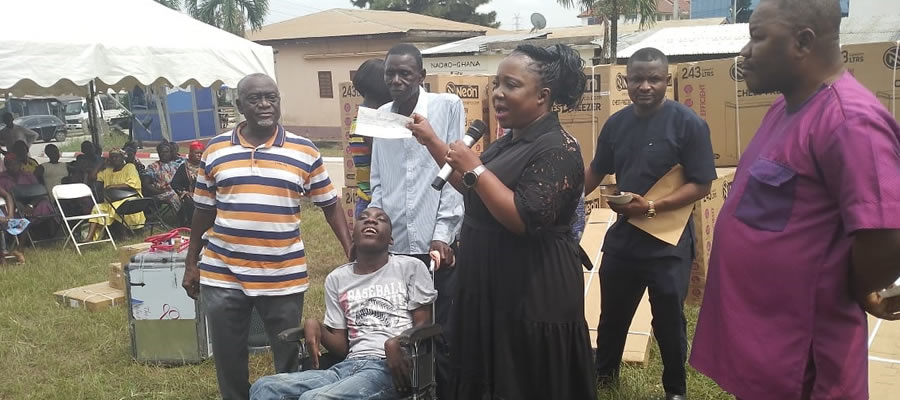
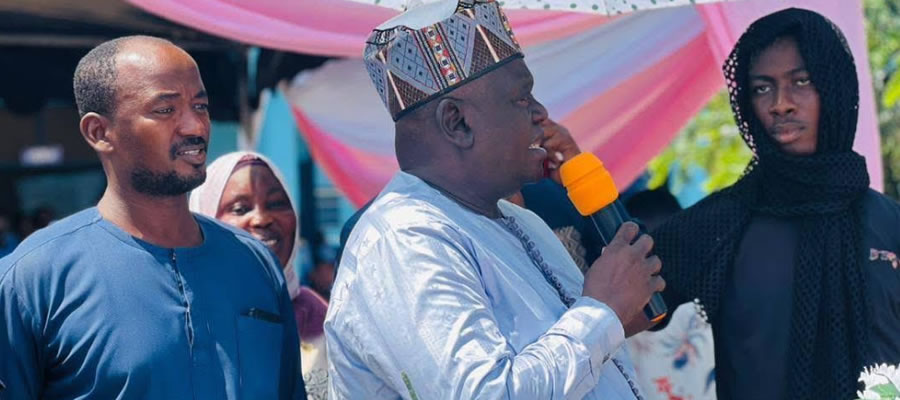
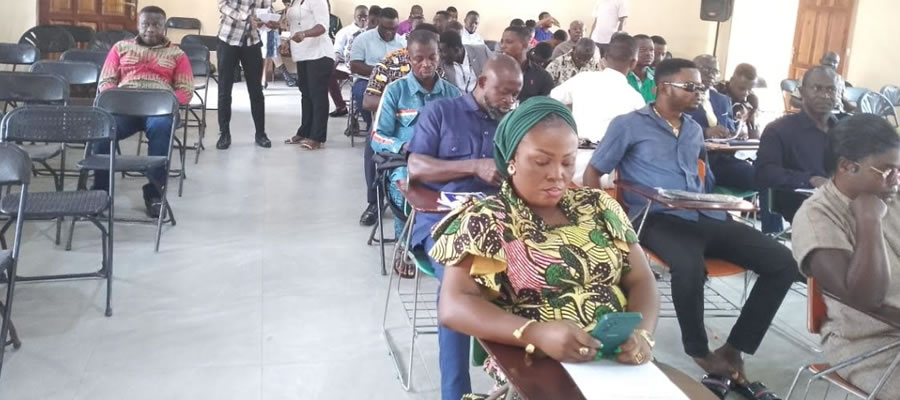
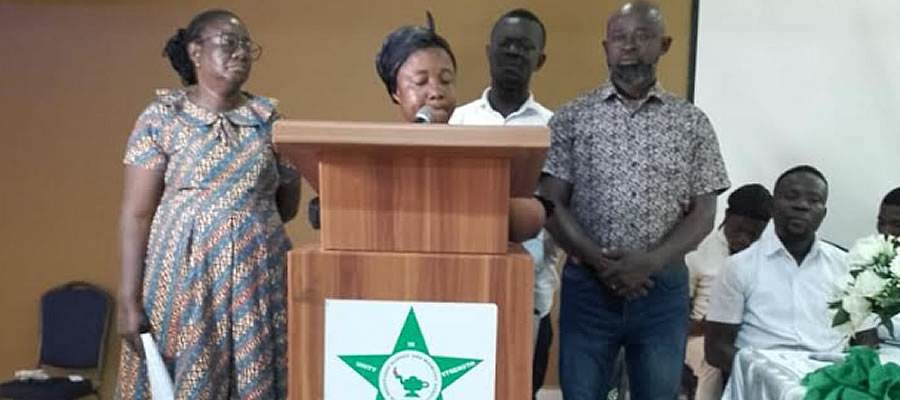





 facebook
facebook
 X
X
 Youtube
Youtube
 instagram
instagram
 +233 593 831 280
+233 593 831 280 0800 430 430
0800 430 430 GPS: GE-231-4383
GPS: GE-231-4383 info@ghanadistricts.com
info@ghanadistricts.com Box GP1044, Accra, Ghana
Box GP1044, Accra, Ghana